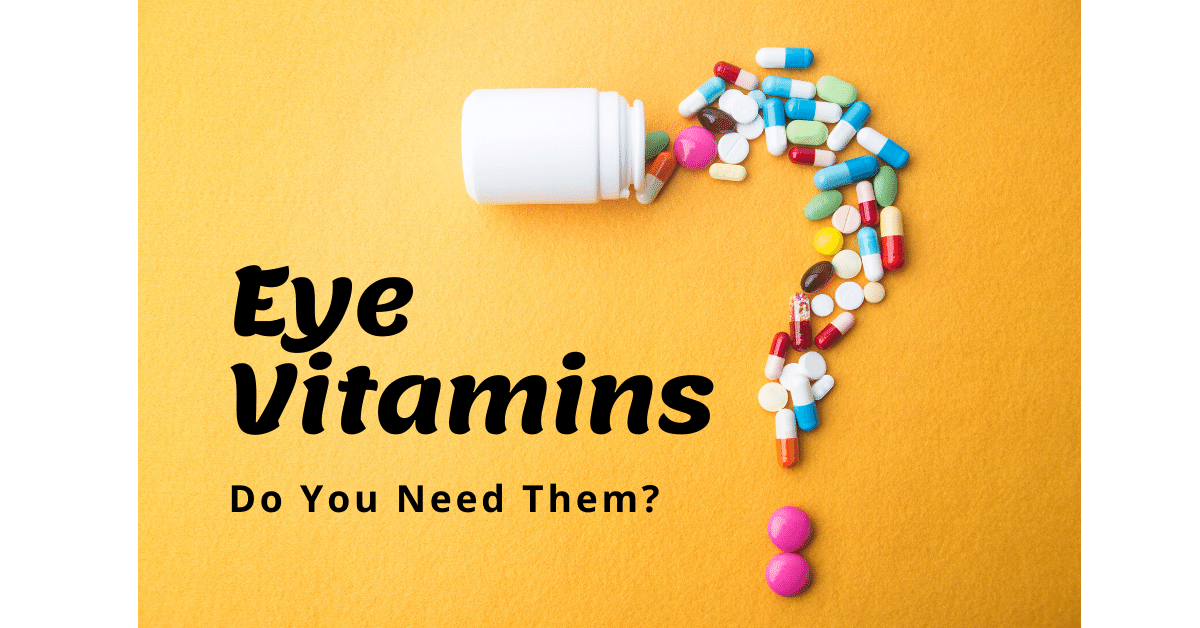Do you take vitamins for AMD?
The National Eye Institute conducted the Age-Related Eye Disease Study (AREDS) and AREDS2 to study both cataract and age-related macular degeneration (AMD). The study followed participants for five years and tested whether taking nutritional supplements (vitamins for AMD) could prevent or slow these two eye diseases.
AREDS Results
At the end of the five-year study, the scientists found that people at high risk for developing advanced AMD—those with intermediate AMD, and those with advanced AMD in one eye only—reduced their risk of developing advanced by about 25 percent when treated with the combination of antioxidants and zinc + copper.
The AREDS formula also reduced the risk of central vision loss by 19% in the same group. None of the formulations decreased cataract risk.
Who Benefits the Most?
The study found that those who benefit most from taking vitamins for AMD are people at high risk for developing macular degeneration and who meet these two conditions:
- Intermediate AMD in one or both eyes
- Advanced AMD in only one eye
AREDS Vitamins for AMD
The AREDS 2 vitamins do not contain beta carotene because in the study researchers found that beta carotene in high amounts was associated with an increased risk of lung cancer in current and former smokers.
You can purchase AREDS 2 vitamins or take the supplements separately. The following is the AREDS 2 formulation:
- Vitamin C (ascorbic acid) 500 mg
- Vitamin E 400 international units (IU)
- Lutein 10 mg
- Zeaxanthin 2 mg
- Zinc (as zinc oxide) 80 mg
- Copper (as cupric oxide) 2 mg
Healthy Foods
Taking vitamins is just one step in creating a healthy environment for your eyes. Eating a healthy diet is an essential second step. Include lots of dark leafy greens, like spinach and kale, along with other colorful vegetables and fruits. Colorful vegetables and fruits provide a wide range of phytonutrients along with carotenoids that your body converts into vitamin A.
Smoking puts you at a higher risk for AMD, so if you smoke, then stopping will be another step toward eye health.
Consult Your Doctor
Talk with your eye doctor about your primary care physician about how taking the AREDS or AREDS 2 vitamins will affect you.
Nader Moinfar, M.D., M.P.H.
Retina Specialist
Orlando, FL
If you would like to schedule an appointment, please call us (877) 245.2020.

